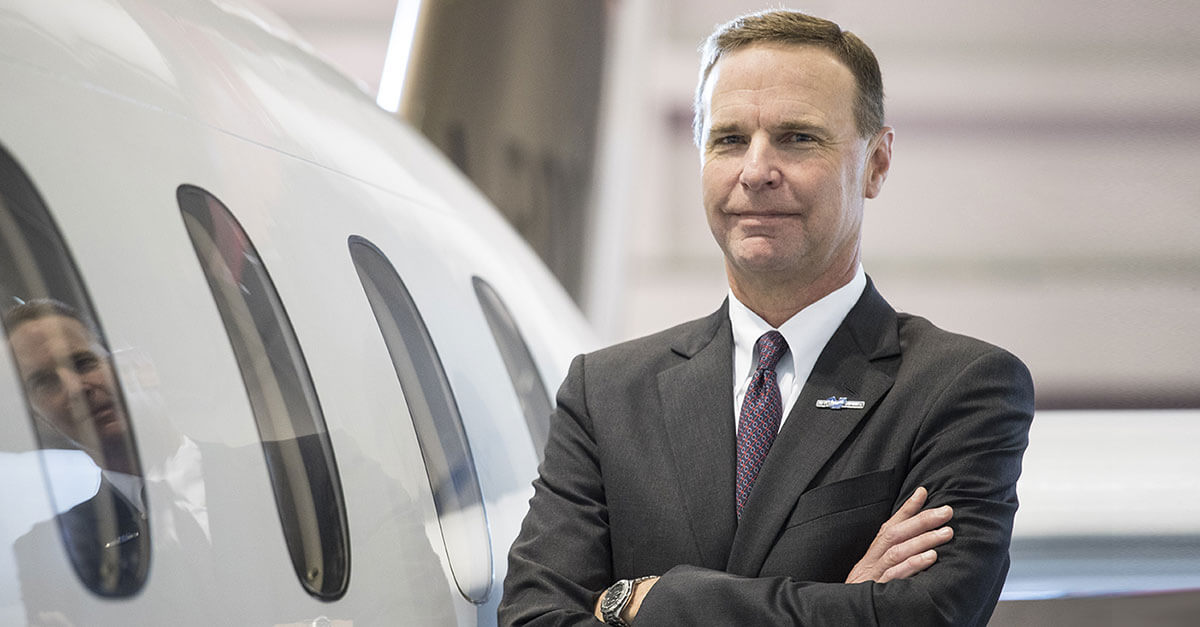
June 8, 2020
In a recent JetNet iQ Pulse editorial, NBAA President and CEO Ed Bolen emphasized the industry’s “unparalleled response to an unprecedented crisis” stemming from the spread of COVID-19.
“The COVID-19 pandemic has had a profound impact across many facets of our lives,” Bolen wrote. “While we don’t yet know all the lasting effects the crisis will have on business aviation, our nation and our world, I also believe our industry’s response to the situation has been remarkable.”
Bolen pointed to several recent examples not only of NBAA’s advocacy on behalf of the industry, but also the business aviation community’s work to ensure its voices were heard by Washington policymakers in crafting financial and regulatory relief measures such as the CARES Act, the Paycheck Protection Program and SFAR 118.
Download the JetNet iQ Pulse Report
“Our combined advocacy efforts continue as of this writing,” he continued, including a joint effort by NBAA and other general aviation groups in asking Congress to pass temporary relief from federal excise taxes on fuel for non-commercial operators. Bolen further urged readers to make their own elected leaders aware of this important issue by visiting nbaa.org/contactcongress.
In addition to these advocacy efforts, NBAA also made “a commitment to be your definitive source for reliable information related to business aviation and COVID-19,” Bolen wrote, through a roster of new offerings.
These include NBAA’s Insider Daily news service, interactive NBAA News Hour webinars, the new NBAA GO series of event-driven online programming and the association’s dedicated COVID-19 resources.
Bolen also lauded the countless efforts business aviation stakeholders have made in helping others throughout the crisis, from retooling production lines to manufacture personal protective equipment to pilots flying critically-needed supplies to people and communities most in need.
“These efforts, and innumerable others, truly demonstrate the heart of our industry, and our willingness to step up to the plate in times of crisis,” he concluded.


 International Business Aviation Council Ltd.
International Business Aviation Council Ltd.